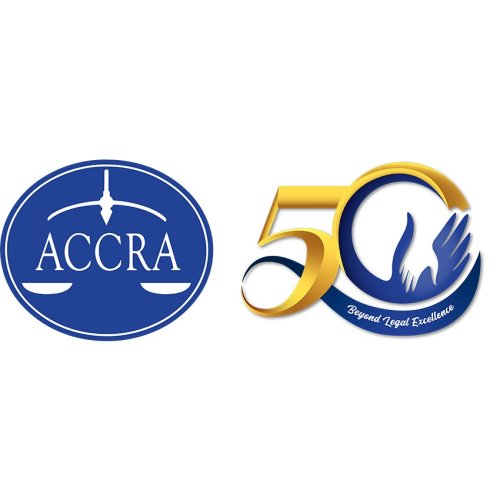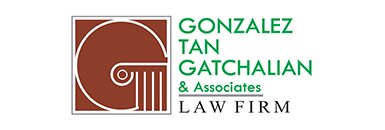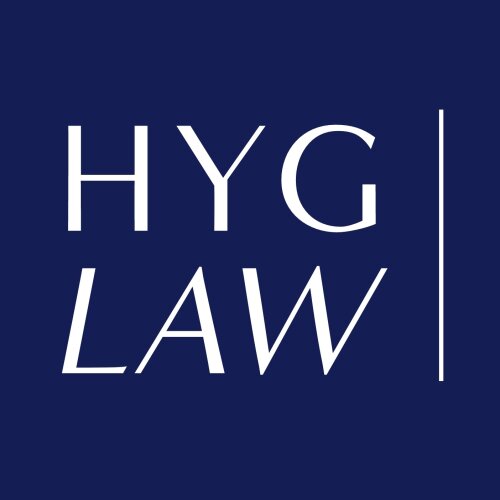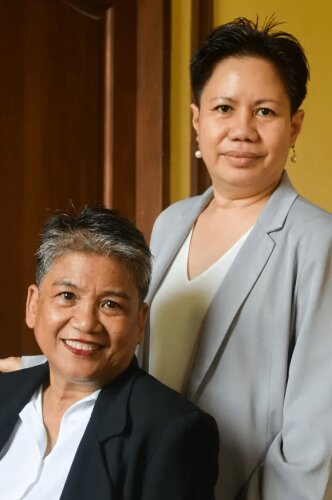Best International Trade Law Lawyers in Cebu City
Share your needs with us, get contacted by law firms.
Free. Takes 2 min.
List of the best lawyers in Cebu City, Philippines
About International Trade Law in Cebu City, Philippines
International Trade Law in Cebu City, Philippines, is a rapidly evolving field that deals with the rules and regulations governing trade between countries. Cebu City's strategic location makes it a hub for trade activities, necessitating a comprehensive understanding of both local and international trade laws. This field encompasses a variety of legal aspects, including tariffs, trade agreements, import and export regulations, and dispute resolution mechanisms. Understanding these laws is essential for businesses engaged in cross-border transactions.
Why You May Need a Lawyer
There are several scenarios where individuals or businesses might need the expertise of a lawyer specializing in International Trade Law in Cebu City. Whether you are a local business looking to expand internationally or a foreign entity looking to enter the local market, legal assistance can help you navigate complex trade agreements, prevent or address trade disputes, and ensure compliance with local and international laws. Legal support may also be necessary for handling customs procedures, obtaining necessary trade permits, or dealing with issues related to intellectual property rights within trade contexts.
Local Laws Overview
The legal landscape in Cebu City regarding International Trade is influenced both by national laws of the Philippines and local policies. Key legal frameworks include the Customs Modernization and Tariff Act (CMTA), various bilateral and multilateral trade agreements that the Philippines is a party to, and local trade regulations. The Bureau of Customs plays a critical role in implementing these laws, ensuring proper tariff collection, and preventing illegal trade activities. Businesses must also comply with regulations from other governmental bodies such as the Department of Trade and Industry (DTI) and the Securities and Exchange Commission (SEC).
Frequently Asked Questions
What is the role of the Bureau of Customs in Cebu City?
The Bureau of Customs is responsible for supervising and controlling the entry and exit of goods in the city, ensuring lawful trade practices, and collecting the correct duties and taxes.
What legal documents are essential for exporting goods from Cebu City?
Key documents include the Export Declaration, Commercial Invoice, Packing List, Certificate of Origin, and any permits required by specific export control laws and regulations.
How can I ensure compliance with international trade agreements?
Compliance involves understanding the terms of specific agreements and aligning business practices with the provisions of these agreements. Consulting a lawyer can help in understanding and adhering to these terms.
What are common trade barriers I might face?
Trade barriers may include tariffs, quotas, import/export restrictions, and regulatory changes. Legal counsel can assist in identifying and overcoming these barriers.
How does the ASEAN Free Trade Area (AFTA) affect trade in Cebu?
AFTA facilitates regional trade by reducing or eliminating tariffs on goods, benefiting businesses by lowering costs and encouraging intra-regional trade.
Can I protect intellectual property while exporting goods from Cebu?
Yes, protecting intellectual property during the export process is crucial. Ensuring trademarks, patents, and copyrights are registered and enforceable in destination countries is vital.
What are the consequences of non-compliance with international trade laws?
Consequences can include financial penalties, denial of export/import privileges, and legal prosecution, which may harm your business operations and reputation.
Is it necessary to have a trade compliance program?
Having a trade compliance program is beneficial as it ensures systematic adherence to laws and reduces the risk of violations, fostering smooth trade operations.
What should I know about trade dispute resolution?
Trade disputes can be resolved through negotiation, mediation, arbitration, or litigation. Understanding these options can guide businesses in effectively managing disputes.
How do I determine tariff classifications for my products?
Tariff classifications determine the duties owed. Correct classification requires a thorough understanding of the Harmonized System Codes; consulting customs experts or a lawyer can aid in accurate classification.
Additional Resources
For further guidance, consider consulting the following resources:
- Bureau of Customs - for regulatory guidelines and compliance assistance.
- Department of Trade and Industry (DTI) - for trade and investment inquiries and support.
- Philippine Exporters Confederation, Inc. (PHILEXPORT) - for export support and resources.
- Cebu Chamber of Commerce and Industry - for local business networking and support.
Next Steps
If you need legal assistance in International Trade Law, starting with a consultation with a qualified lawyer in Cebu City is advisable. Look for legal practitioners with a strong background in trade law and substantial experience in handling the complexities of international transactions. It's beneficial to prepare relevant documentation and a list of specific questions or issues you face before the consultation. Additionally, engaging in local seminars or workshops focused on international trade can provide insights and connections valuable for navigating legal challenges in this field.
Lawzana helps you find the best lawyers and law firms in Cebu City through a curated and pre-screened list of qualified legal professionals. Our platform offers rankings and detailed profiles of attorneys and law firms, allowing you to compare based on practice areas, including International Trade Law, experience, and client feedback.
Each profile includes a description of the firm's areas of practice, client reviews, team members and partners, year of establishment, spoken languages, office locations, contact information, social media presence, and any published articles or resources. Most firms on our platform speak English and are experienced in both local and international legal matters.
Get a quote from top-rated law firms in Cebu City, Philippines — quickly, securely, and without unnecessary hassle.
Disclaimer:
The information provided on this page is for general informational purposes only and does not constitute legal advice. While we strive to ensure the accuracy and relevance of the content, legal information may change over time, and interpretations of the law can vary. You should always consult with a qualified legal professional for advice specific to your situation.
We disclaim all liability for actions taken or not taken based on the content of this page. If you believe any information is incorrect or outdated, please contact us, and we will review and update it where appropriate.

















